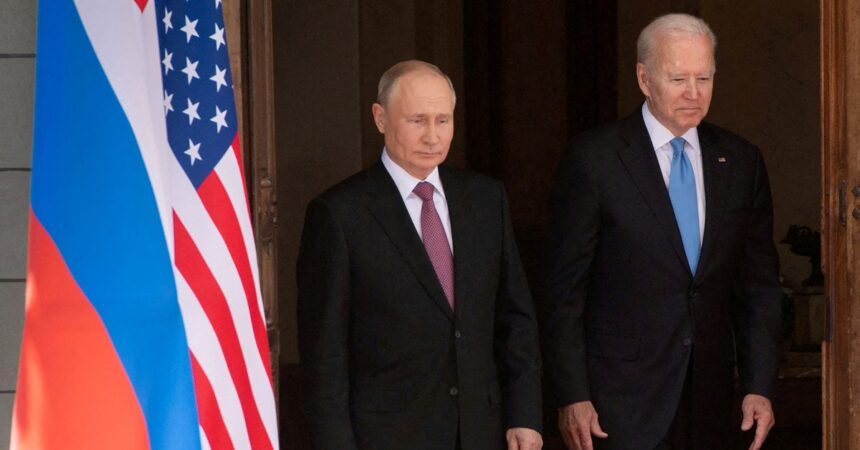As the U.S. and its allies in Europe are currently designing sanctions determined to combat Russia’s invasion of Ukraine, there are a lot of references suggesting that sanctions have been ineffective in bringing Russia in order.
E.U. swiftly responded with a raft of sanctions after Russia recognised the separatist groups and deployed its military troops.
A pact of sanctions the E.U. imposed over Russia targets figures from Russian business, media, and politics, which Borrell referred to as “oligarchs.”
E.U. foreign affairs chief Josep Borrell said the raft of penalties “will hurt Russia, and it will hurt a lot.”
But is it true that these sanctions over Russian guarantee the safety of the Ukrainians?
The truth is that the slap of sanctions from the U.S. and U.K. target specific Russian companies and people.
For instance, U.S. sanctions over Russia include some Russian banks, wealthy individuals, and oligarchs. These sanctions aim to inflict influential people close to Putin, but nowhere near these sanctions will make any difference.
The head of Global Macro Strategy, financial firm Academy Peter Tchir based in New York, view these sanctions as ‘timid.’ “Sanctions only work when they force behaviour change, but in Putin’s case they won’t”. – he added.
Sanctions have never been effective upon Russia; as far as we remember, Russia has been under E.U. and U.S. sanctions since 2014 when she annexed Crimea, yet Putin’s behaviour has never changed since then.
As with these introduced penalties against Russia, the past sanctions also targetted the few oligarchs sitting on Russia’s economic pyramid.
In the past few decades, sanctions have proven futile, and this is far from Russia’s case. Sanctions failed to put out Venezuela’s authoritarian regime under Nicolas Maduro.
Sanctions were unable to get rid of Castro of Cuba, and Mullahs, Iran’s dictators, remained stronger despite decades of harsh sanctions by the U.S. against the regime.
Europe and E.U. depend on each other so much that any European sanctions targetting Russia are likely to hurt both. An excellent example of their interdependence is in the energy sector. E.U. imports 43% of Russia’s gas E.U. use it for electricity and home heating.
At the same time, Russia needs Europe’s money. Revenue from energy exports accounts for approximately 40% of the country’s federal budget. Without that money, there would be a gaping hole in the Russian government’s wallet.
“In the short and medium-term, it is almost impossible for Europe to phase out Russia’s energy,” says Elina Ribakova, deputy chief economist at the Washington-based Institute of International Finance.
“Russia wants the income, and Europe can’t live without the oil and gas,” says Konstantinos Venetis, a senior economist at TS Lombard in London.
For sanctions on Russia to work, they need to be broad-based and impact key companies in Russia’s significant energy, defence and financial sectors.
Edward Fishman, a former member of the U.S. secretary of state’s policy planning staff, has long maintained the penalties imposed on Putin’s Russia in the past were watered down because U.S. allies were reluctant to suffer blowback economic costs and wanted to reduce harm to ordinary Russians.
“To change Putin’s behaviour, you need to ratchet up sanctions on companies in the energy, defence and financial sectors — that would more likely force the Kremlin to shift its calculus,” Edward Fishman told VOA recently.


